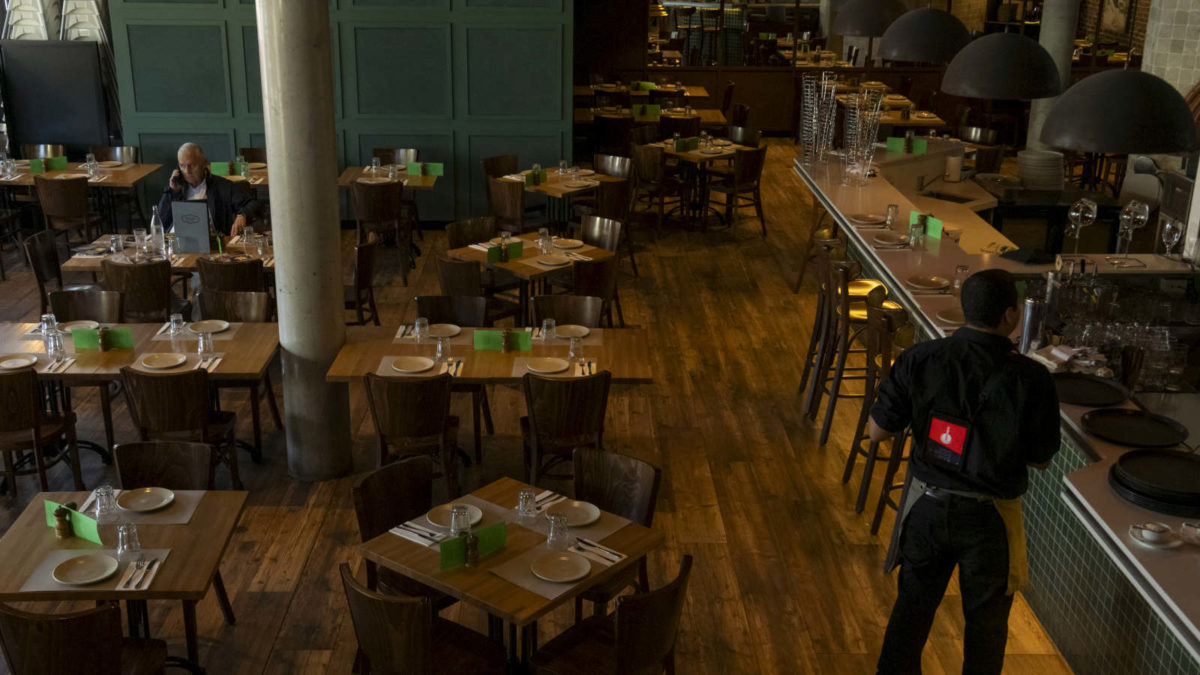As we know the coronavirus pandemic has significantly changed the globe, we are witnessing the new behavioural trends that are actively reshaping our world.

Working from home
To stop spreading Covid-19, a number of workers have worked from home in the past few months. This shift comes along with the new workspace for many, and office interactions have shifted to the technological world. Such as having Zoom meetings at home. During the pandemic, working from home for those that were able to became a worldwide reality, and we suspect people might not be willing to work in the office on a daily basis anymore.
According to a Gartner HR survey, 88% of organizations encouraged or required employees to work from home due to the pandemic.
The question here is: How many people can work from home due when life properly resumes after the coronavirus pandemic?

Dining Solo and Single-Person Households
The second trend we may see become the ‘new normal’ is a continued rise in single-person households and outings.The self-isolation period required many adults living alone to ‘cook for one’. Cooking for one person has it’s own challenges when comparing it to cooking for many, one main challenge being the loneliness it may bring.
The ABS projected the single-person household will make up from 24% to 27% of all Australian households in 2041. Referring to the AIFS, in 2017 there were fewer marriages than in 1970. The rate was 2.6 marriages per 1000 Australian residents which is the lowest rate ever recorded. The growth of single-person household is correlated with the cooking behaviour.
Judging by the lengthy amount of time we’ve spent cooped up with family and/or roommates during isolation, it seems likely that people may be wanting a little ‘me time’ to themselves.

Lowering the density
The last factor, the realization that density may not be advantageous in the future. Investors and executives must recognise that the strategies that previously were an economic strength, now have turned into large liabilities. Many companies business strategies need to be re-assessed and altered to fit the new normal for consumers.
The reality of a post pandemic world is that many individuals will seek out spaces that offer less density. From food business to education, there will need to be fewer crowd commutes, reduced shared working spaces, and no more packed classrooms or crowded elevators. Working in close proximity to others has become incredibly undesirable.
Whenever working from home increases, household size decreases and the fear of density stays among the public. There is no way to drive back to the old strategies for profits and growth.
Buisnesses must learn to adapt new strategies to fit the ‘new normal’ in a post-pandemic world rather than attempting to mold old models to fit our current situation.

Subscribe to FIB’s Weekly Alchemy Report for your weekly dose of music, fashion and pop culture news!







